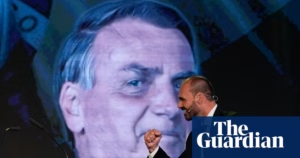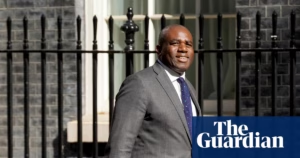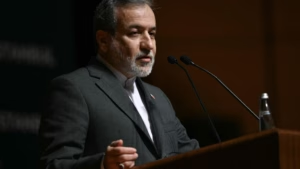A detailed account of the ongoing investigation into the Air India Flight 171 crash, which occurred in June and resulted in the loss of 260 lives, is sparking more questions than answers. Despite expectations for some clarity following the release of the preliminary report, the document has instead fueled speculation regarding the circumstances leading to the disaster.
The report points to a critical moment shortly after takeoff when the fuel-control switches on the 12-year-old Boeing 787 were unexpectedly set to the “cut-off” position, resulting in a total loss of engine power. The cockpit voice recording features one pilot questioning the other about initiating the cut-off, to which the response claims they did not. This ambiguity has ignited various theories and focused media attention on the senior pilot’s potential role in the incident.
These developments have not only perplexed investigators and aviation experts but also ruffled the feathers of Indian pilots, who are stepping forward to criticize the premature speculative reporting by international media. The Aircraft Accident Investigation Bureau (AAIB) of India and Jennifer Homendy, chairwoman of the US’s National Transportation Safety Board (NTSB), which is involved in the investigation, have expressed their displeasure with the hasty conclusions being drawn by the media. They emphasize that thorough investigations must run their course before definitive judgments can be made.
The controversy centers around the brief excerpt from the cockpit recording shared in the preliminary report. A Canada-based air accident investigator suggests multiple interpretations of the dialogue, including the possibility of an error committed unintentionally by the co-pilot or a deliberate action by the captain aimed at deflecting scrutiny. The investigator also points out the complex nature of determining who actually turned off the fuel and notes that there may never be a definitive answer.
Although a detail-oriented analysis of engine data and time-stamped dialogue is yet to be conducted, speculation remains rampant. Questions are raised about the reason for withholding the full cockpit voice recorder transcript – whether it was due to the investigation team’s certainty about the speakers’ identities or their ongoing uncertainty regarding the events.
Aviation experts urge caution in drawing conclusions, emphasizing that the incident’s complexity calls for a comprehensive and open-minded investigation. Alternative theories, such as a possible electrical failure, continue to circulate, but the preliminary report is clear in attributing the engine shutdown to the fuel switches being moved to the cut-off position.
AAIB chief GVG Yugandhar has acknowledged that while the preliminary report sheds light on the events leading up to the crash, it is too early for definitive answers. He has confirmed that the investigation is ongoing and will provide root causes and recommendations in the final report.
In essence, the search for answers remains an uncertain and ongoing process, leaving aviation communities and the public awaiting a fuller understanding of the events that led to the tragic crash of Air India Flight 171.
Source: https://www.bbc.com/news/articles/cn9yw0rljwvo







